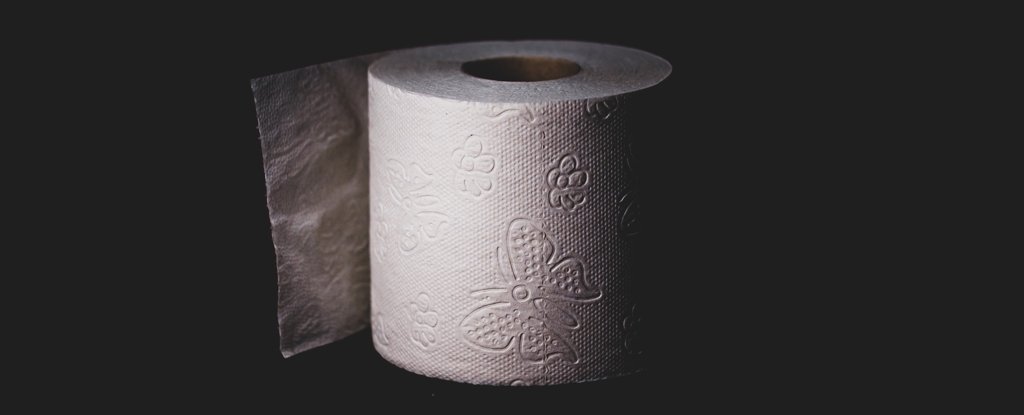Fecal transplants continue to make headlines in recent years, showing promise in everything from COVID-19 treatments to anti-aging experiments in animals, but we're still only scratching the surface, scientists say.
In human patients, the technique – in which fecal microbiota are transferred from a healthy individual to another person – is usually used to treat conditions like Clostridioides difficile infection (CDI) and inflammatory bowel disease (IBD), but experts think the method could potentially be used to combat a far wider range of diseases.
Not only that, but by developing a system to deliver autologous fecal transplants (FMT) – in which the donor and the recipient are the same person – we could get around problems that can sometimes present due to incompatibility issues between donors and recipients in heterologous transplants involving two people.
But to do that, we need to collect people's stool samples when they are young and healthy, and store them for future use in a cryopreservation facility, in the event patients later need a transplant.
In other words, we should all be depositing our poo in a bank, just in case we later need to make a withdrawal. It might sound radical, but it's an entirely serious proposal, researchers say.
"Conceptually, the idea of stool banking for autologous FMT is similar to when parents bank their baby's cord blood for possible future use," says systems biologist Yang-Yu Liu from Harvard University.
"However, there is greater potential for stool banking, and we anticipate that the chance of using stool samples is much higher than for cord blood."
Furthermore, poo banking already exists, with the first, a nonprofit stool bank called OpenBiome, having opened its doors in Somerville, Massachusetts in 2012.
Since then, a number of similar facilities have opened around the world, although most appear to typically be storing stool samples for later heterologous FMTs, rather than for autologous transplants; however, the two systems aren't necessarily mutually exclusive.
"In principle, the same procedure of host screening and sample collection can be used for the purpose of rejuvenating microbiome by autologous FMT," Yang and fellow researchers write in their new paper.
"Instead of starting from scratch, the existing high-standard stool banks could be repurposed for the idea of rejuvenating the microbiome with autologous FMT."
There are many issues to face, including how to adequately store stool samples safely in long-term cryopreservation.
But if those challenges can be addressed – and people can be sold on the idea of storing their poo in a bank – we could be looking at a bold new vision for self-donated medical treatments in the future.
"Autologous FMTs have the potential to treat autoimmune diseases like asthma, multiple sclerosis, inflammatory bowel disease, diabetes, obesity, and even heart disease and aging," says co-author and epidemiologist Scott T. Weiss from Harvard University.
"We hope this paper will prompt some long-term trials of autologous FMTs to prevent disease."
The findings are reported in Trends in Molecular Medicine.
- Karlston and Mutton
-

 2
2



Recommended Comments
Join the conversation
You can post now and register later. If you have an account, sign in now to post with your account.
Note: Your post will require moderator approval before it will be visible.